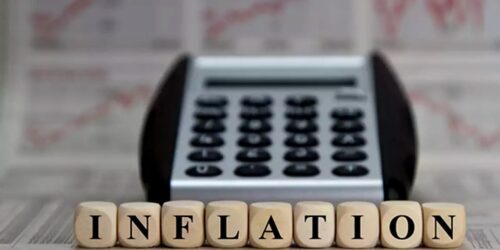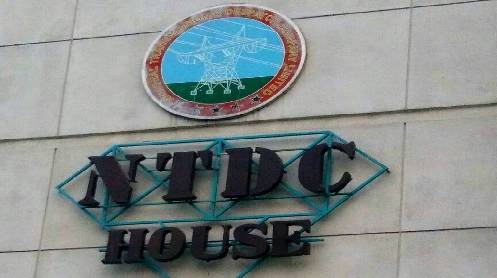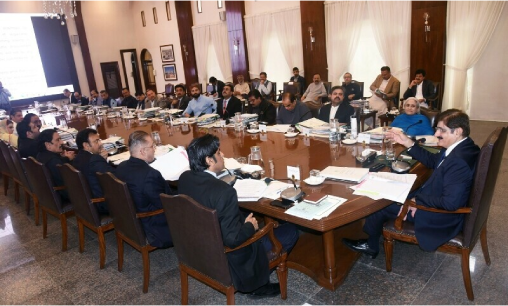EDITORIAL: As inflation continues to be the single most persistently worrisome indicator for the general public third year running the economic team’s insistence, supported by the Prime Minister, that it is due entirely to the mafia (read collusive behaviour across most sectors of the economy including industrialists/wholesalers/ retailers/aarthis) and not due to its own fiscal and monetary policies is baffling. This approach implies that the government’s focus is on administrative measures rather than on modifying its own policies appropriately.
The government’s budget deficits, a highly inflationary policy, for the past three years, have been unsustainable – over 9 percent the first year, and over 7 percent in the subsequent two years. The claim that primary deficit, defined as excluding interest payments on previous debt, has been contained, should not provide a comfort level for the simple reason that this ignores the massive rise in government borrowing, another highly inflationary policy, in the past three years with: (i) domestic debt rising from 16.5 trillion rupees in 2018 to a whopping over 26.2 trillion rupees today; and (ii) external debt rising from 95 billion dollars in 2018 to an additional 20 billion dollars to reportedly pay off past loans and interest while 5 billion dollars was procured for budget support.
The agreement with the International Monetary Fund (IMF) in May 2019 envisaged raising utility rates by placing the onus of the sector’s inefficiencies on consumers – inefficiencies ranging from the failure of the government to provide the required subsidies (the power sector requested 550 billion rupee subsidy in the current year while the government has budgeted only 330 billion rupees) to borrowing and passing on the interest costs to consumers and failure to upgrade the transmission and distribution system. There is rising reliance on an easy to collect indirect taxes whose incidence on the poor is greater relative to the rich. An example is the petroleum levy (budgeted to generate 610 billion rupees in the current year against 450 billion rupees last year) which raises transport costs with a consequent impact on the kitchen budget as well as on transport costs of all items – perishable and un-perishable alike.
More recently, the government’s bottom-up strategy which envisages the issuance of debit cards to the poor and vulnerable, including the Benazir Income Support Programme, the Farmers Card and the Sehat Sahulat Card (for which a revised actuarial study may be required urgently as the total number covered has increased massively which may not be supportable given the state of finances of the state-owned insurance company). In addition, the Prime Minister’s Kamyaab Pakistan programme, scheduled to be launched by end December 2021 as per the Prime Minister’s statement during the three-year ceremony of his government in power, envisages the release of hundreds of billions in credit to the poor and vulnerable without collateral which, if implemented, would increase the money supply in circulation (M2) massively without a rise in output, at least in the initial stages, which is also a highly inflationary policy.
And finally, the rupee erosion that began in May 2021 and continues to this day – from 153 rupees to the dollar to 168 rupees to the dollar at present – is highly inflationary because it not only raises the country’s debt repayments by 100 billion rupees for each rupee loss in value relative to the dollar but also raises the cost of imported fuel, electricity and input costs. To claim that the rupee erosion is due to events in Afghanistan is unsatisfactory as this tends to reflect disorderly market conditions which are within the purview of the State Bank of Pakistan (SBP) to correct, especially as we boast of record high foreign exchange reserves of over 20 billion dollars. Unless the government takes responsibility for its own policies’ contribution to inflation the outcome would remain unchanged. SBP will, therefore, not be able to tame inflationary pressures in an effective and meaningful manner.







